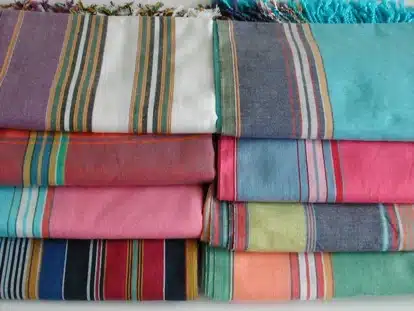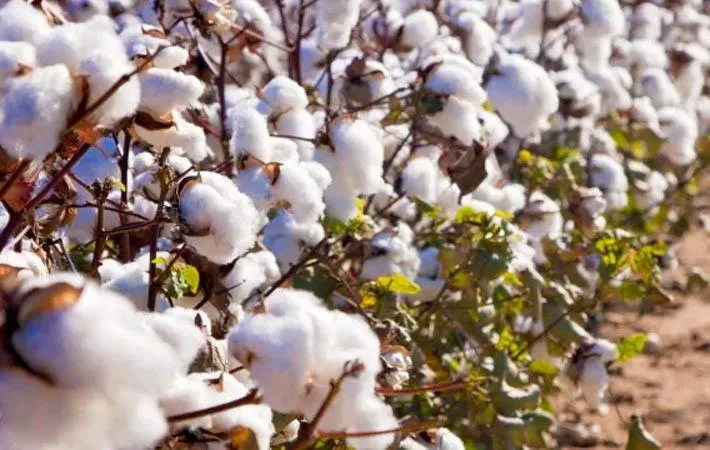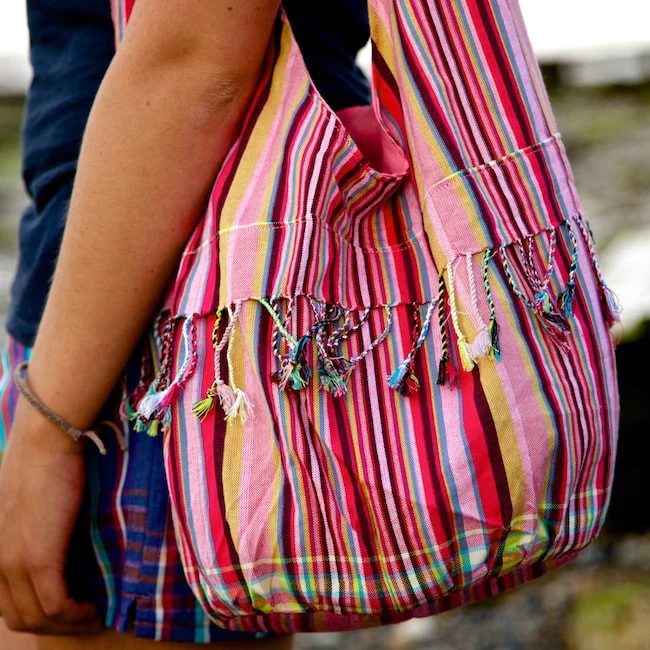A Colorful Canvas of Culture and Symbolism
Kikoy cloth is deeply rooted in the cultural tapestry of East Africa, with a special significance among the Swahili coastal communities of Kenya and Tanzania. These vibrant fabrics are not just random designs; they often carry specific meanings or represent cultural motifs, reflecting the deep connection between the cloth and its heritage.
These exquisite patterns and colors are more than just a visual delight. They are a testament to the artistry of local artisans who intricately weave these designs into the fabric, preserving and passing on the rich tradition. Crafted from cotton, Kikoi fabric sets itself apart by featuring patterns woven directly into the fabric rather than relying on dyes. Just like a sarong, it is a single piece of cloth that wraps around the waist and is gracefully rolled outward several times.
Kikoy Manufacturing
The kikoy crafting process involves creating a versatile fabric typically made from cotton fiber. Here's a summary of the process:
1. Material Selection: Kikoys are traditionally crafted from cotton fiber, known for its softness, shrinkage resistance, versatility, and lightness. Some are made from Tanzanian cotton dyed in small patches for a unique look.
2. Weaving: Kikoys are woven on traditional handlooms. The fabric is evenly woven in the middle and often striped along the edges. The weaving process can vary from handwoven to computerized production in some factories.
3. Dyeing: Some kikoys are dyed to create unique designs, with artisans using various dyeing techniques to achieve different colors and patterns.
4. Artisan Craftsmanship: Skilled artisans often create limited edition kikoy designs, showcasing their expertise in traditional craftsmanship.
The kikoy crafting process combines traditional weaving methods with creative design and dyeing, resulting in a versatile and colorful fabric known for its comfort and style.
Versatility Beyond Compare
What sets Kikoi cloth apart is its incredible versatility. This lightweight fabric, often made from cotton or cotton blends, is a testament to its adaptability to the warm East African climate. Here are some of the many uses of Kikoi cloth:
Clothing: Kikoi is widely used to craft traditional wraps, sarongs, skirts, and casual clothing. Its breathability and comfort make it ideal for warm-weather attire.
Beach Towel: Kikoi cloth's quick-drying properties and vibrant colors have made it a popular choice as a beach towel, bringing a touch of cultural flair to seaside escapades.
Blankets and Throws: As a lightweight and comforting fabric, Kikoi cloths often double as blankets or throws, adding a touch of East African culture to relaxation or warmth.
Home Decor: Kikoi cloth is a favorite choice for tablecloths, wall hangings, and cushion covers, transforming living spaces with its unique aesthetic.
Kikoi cloth has transcended its regional origins and found a global audience in recent years. Travelers and fashion enthusiasts appreciate Kikoi clothing for its comfort and style.
Kikoy cloth is a cultural artifact that carries the essence of East African heritage. Its vibrant colors, intricate patterns, and deep cultural roots have cemented its place in tradition and modernity. Whether you encounter it as a piece of clothing or a decorative addition to your home, Kikoi cloth reminds you of the enduring appeal of traditional textiles and their ability to bridge cultures and create timeless connections.
In every Kikoy, the heart of Swahili culture is spun, an intricate tapestry of heritage. - La Djalobienne Eton
References:
- https://en.wikipedia.org/wiki/Kikoi
- https://tomstrunks.com/en-us/pages/the-origin-of-kikoy
- https://www.simone-et-georges.com/en/p/13/kikoi
- https://hiro-and-wolf.com/blogs/dog-blog/fabric-spotlight-kenyan-kikoy
- https://hiro-and-wolf.com/blogs/dog-blog/fabric-spotlight-kenyan-kikoy
- https://motozanzibar.wordpress.com/2010/02/09/handwoven-swahili-kikoi/












